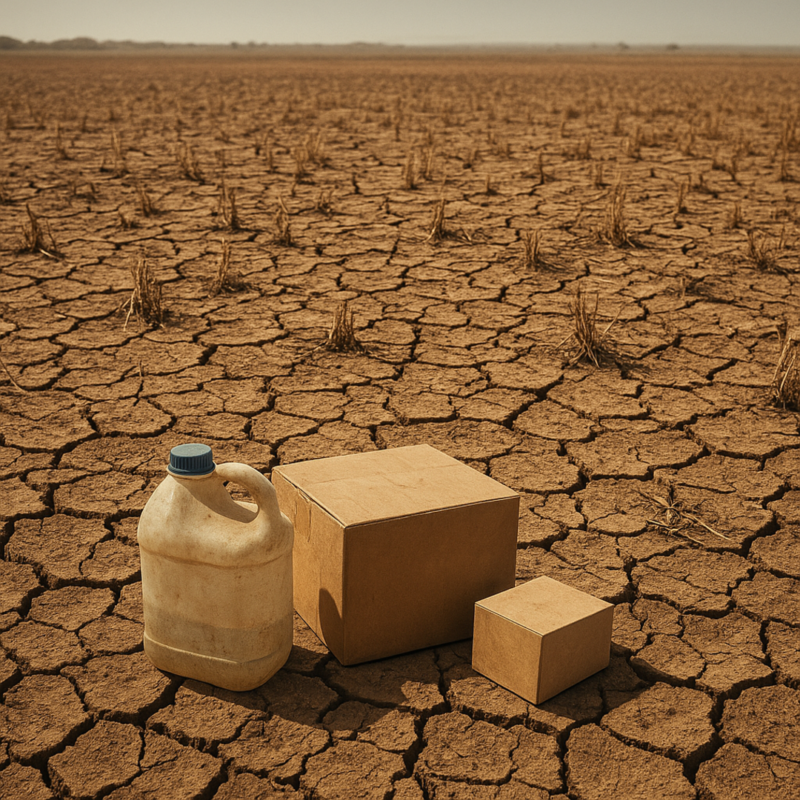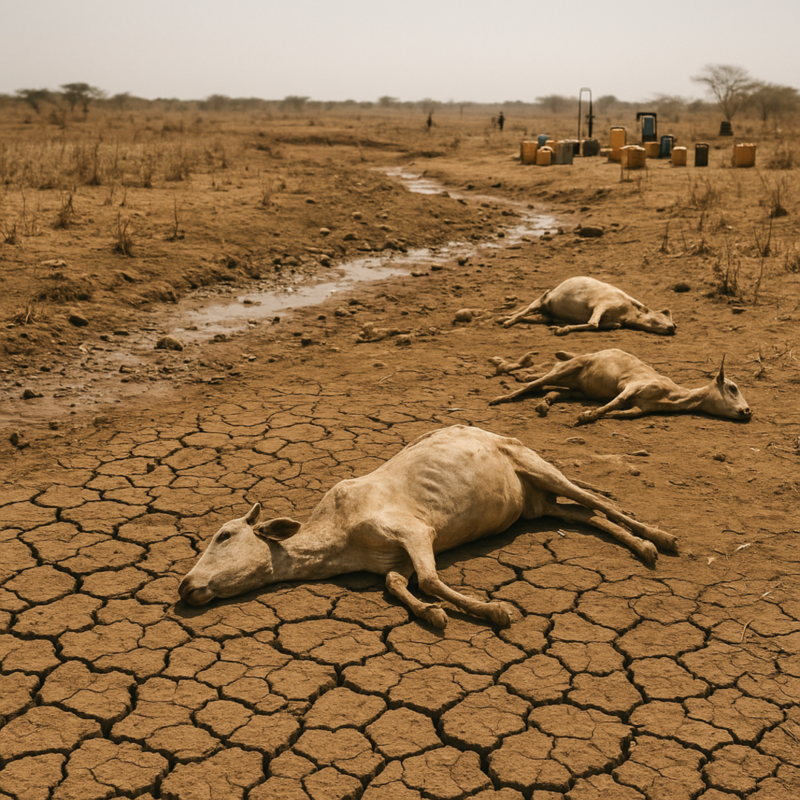Mogadishu, Somalia – In September, amid persistent food insecurity and climate shocks, the World Food Programme (WFP) delivered critical support to 1.7 million people across Somalia. Families struggling to put meals on the table received life-saving food and nutrition assistance, offering a vital buffer against hunger and malnutrition.
The assistance targeted vulnerable households, including children, pregnant and nursing mothers, and those displaced by conflict or drought. For many families, the WFP aid was more than just sustenance—it provided temporary relief from the daily struggle to survive in a country facing one of the most complex humanitarian crises in the world.
Across Somalia, communities are grappling with prolonged drought, limited access to markets, and rising food prices, which have left millions dependent on external support. WFP’s intervention ensured that families could access essential food staples and fortified nutrition products, helping prevent malnutrition among the most at-risk populations.
Local residents described the support as a lifeline. In regions where food scarcity has become the norm, these deliveries meant children could receive adequate nutrition, and households could stabilize their daily lives enough to focus on schooling, work, and rebuilding livelihoods.
Humanitarian agencies continue to stress that while immediate aid is critical, long-term solutions remain essential to tackle the underlying challenges driving food insecurity in Somalia. WFP’s September effort highlights the ongoing need for international solidarity and support to ensure that millions of Somalis do not face hunger in silence.




